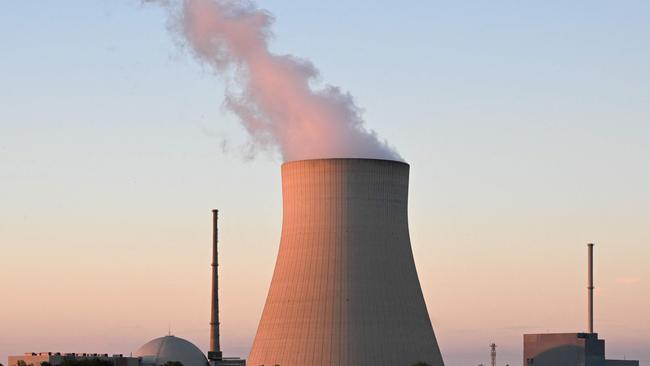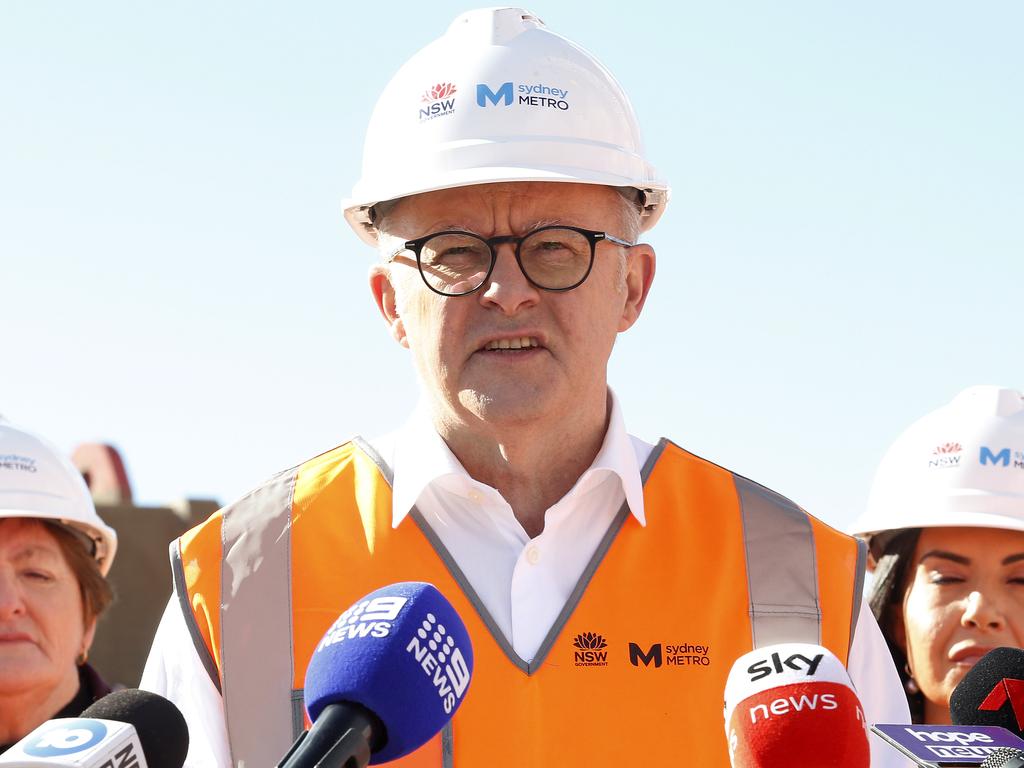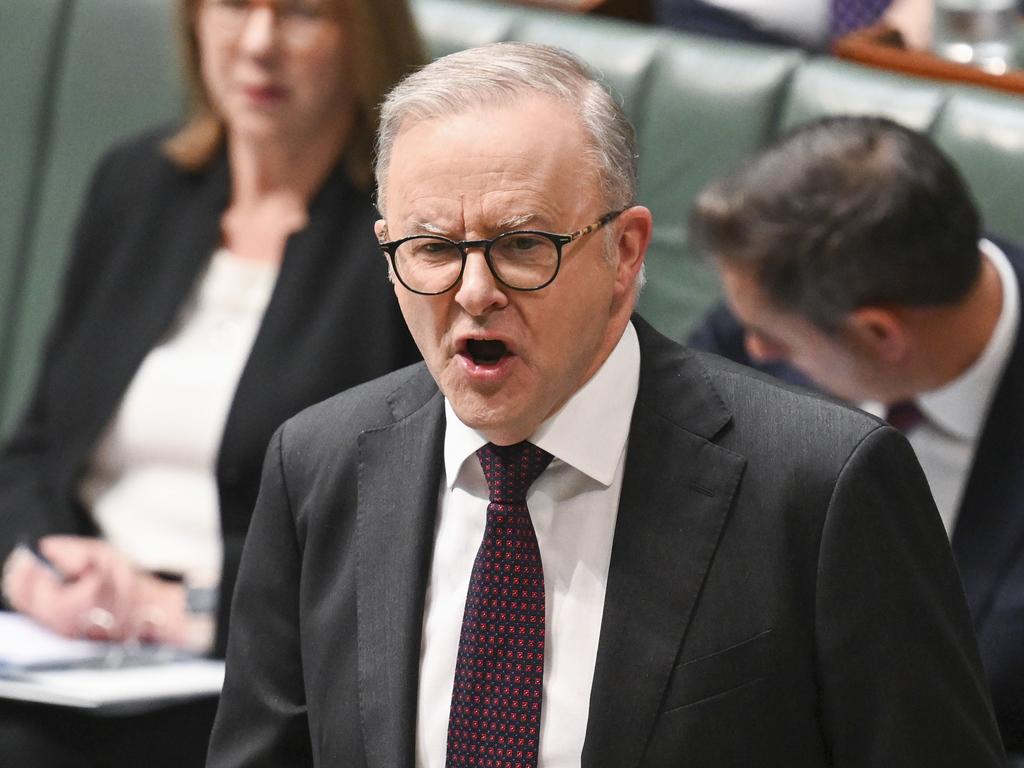Peter Dutton floats government-funded subsidies for nuclear
A leading energy expert says small modular reactors could receive subsidies just like renewables but permanent assistance was a bad idea, after Peter Dutton left open the option.

A leading energy expert says small modular nuclear reactors could receive taxpayer-funded subsidies just like renewables but permanent assistance was a bad idea, after Peter Dutton left open the option of government support for nuclear.
Climate Change and Energy Minister Chris Bowen seized on the Opposition Leader’s openness to nuclear subsidies, pointing out opposition Treasury spokesman Angus Taylor said just last month that if nuclear was commercially viable, it wouldn’t be subsidised.
Mr Dutton claimed every energy source except coal received taxpayer-funded support, when pressed on whether he would subsidise nuclear power plants or make them government-owned.
“We’ll will make our announcement in due course but I just make the point that wind and solar don’t work without government subsidy,” Mr Dutton told Sky News’ Sunday Agenda program. “Every energy at the moment apart from coal is (subsidised).
“So wind and solar, the other green energy sources and don’t forget that nuclear is the greenest of them because it doesn’t emit any emissions whatsoever.
“In Poland they’ve adopted a plan (that is) equivalent to taking about nine million cars off the road. I’m very strongly supportive of renewable energy, but it needs to be firmed up because our hospitals can’t run 24/7 on wind and solar, they need that 24/7 baseload power.”
Tony Wood, the Grattan Institute’s energy and climate change program director, said there was some validity in what Mr Dutton said but he was not aware of government subsidies for gas.
“There’s no reason to put a blanket ban on support for nuclear any more than a blanket ban on anything else,” he said.
“It should stand there as another technology. There are huge question marks that will have to be answered in due course; we don’t know if nuclear will ever have a role in Australia, it’s too far off.
“It may be that for nuclear technology – in the same way we’ve supported other new technologies – receiving support is an OK idea. Having permanent subsidies is a bad idea.
“The better way of doing that is to have a carbon price so that gas, nuclear, coal and renewables are on an equal carbon footing.”
Mr Dutton also said a future Coalition government would seek to overhaul Labor’s legislated 2030 emissions reduction target of 43 per cent if it helped families with the cost-of-living crisis.
The Opposition Leader’s declaration follows a week-long political brawl over climate and energy policy after Mr Dutton vowed to oppose the Albanese government’s 2030 target at the election.
“It would be responsible to take advice from Treasury and Finance and the central agencies about the economic conditions that we inherited from Labor. We know that debt will be over a trillion dollars that will be bequeathed to the next government from Labor,” Mr Dutton said. “We know that there’s a prospect of negative growth, and we’re likely going into the sixth consecutive quarter of per capita – people going backwards in their own budgets.
“I think we have a look at all of that information and if there are settings that we need to change, then we will change them if it means helping families with a cost-of-living crisis that Labor has created. But it doesn’t mean exiting Paris and it doesn’t mean walking away from our very clear commitment to net zero by 2050.”
Mr Bowen said Mr Dutton’s assertion that “the most expensive form of energy” in nuclear would address cost-of-living pressures was “outlandish”.
The CSIRO has found a large-scale nuclear plant would take at least 15 years and about $8.6bn to build but would produce electricity substantially more cheaply than small-scale reactors.







To join the conversation, please log in. Don't have an account? Register
Join the conversation, you are commenting as Logout